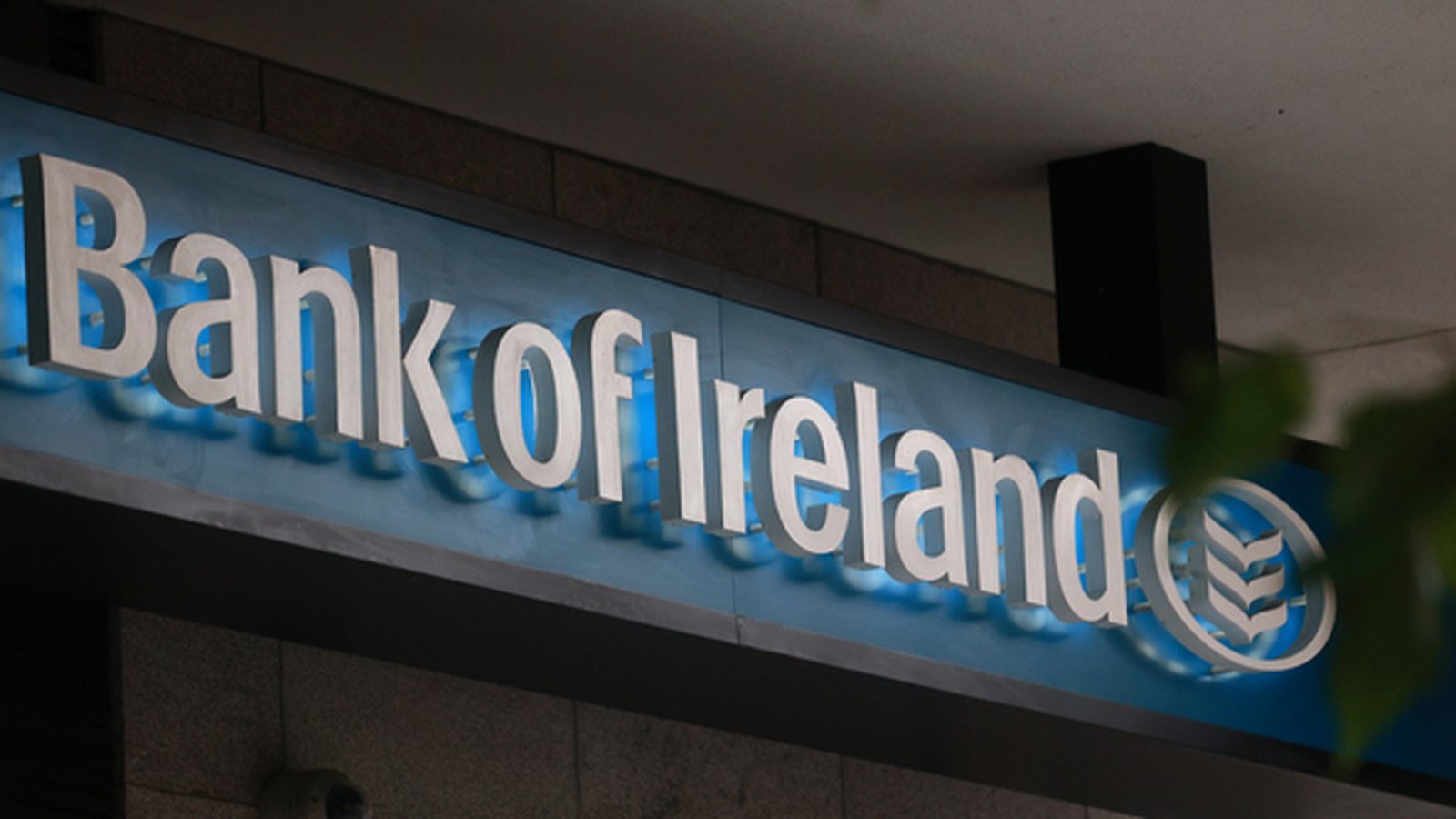The chairman of Bank of Ireland has said the lender is satisfied with the quality of its commercial real estate loan book, despite the difficulties currently being experienced by that sector.
Patrick Kennedy said the bank’s commercial property loan book has remained resilient to date and the size of it has been reduced by around €1bn in the last year, or 12%.
“That reflects both a prudent approach and active management of the book,” he said in response to a question from a shareholder at the bank’s annual general meeting (AGM) in Dublin this morning.
Commercial property valuations in Ireland have dropped considerably in recent times due to the interest rate environment, lower demand and an over-supply.
But Mr Kennedy added that there are very big differences between the situation in 2008, when the property crash began, and today.
Mr Kennedy said in 2008 commercial real estate lending in Bank of Ireland was around €37-38bn and made up around 25% of its loan book, but today it is €7bn and less than 10%.
He added that there was speculative land financing back in 2008 but “there is none of that today” and overall the credit management and governance approach, along with risk frameworks, risk oversight and management information is very different.
Mr Kennedy also said the bank is very supportive of the “cash landscape” and will adhere absolutely to the news access to cash legislation proposed by the Government.
“We recognise the importance of the cash landscape to the payment system,” he said, adding that Bank of Ireland is upgrading the more than 650 ATMs is owns around the country.
Regarding bankers’ remuneration, Mr Kennedy told shareholders that the bank has responded to changes by the Government to restrictions on pay in a careful and considered manner, linking remuneration to the achievement of the bank’s long-term strategic and commercial goals and delivery for customers.
But in an apparent reference to pay and bonus restrictions that remain in place in the sector, he added that “as a matter of general principle public policy should foster a level playing field for all companies”.
“We will continue to engage with all stakeholders on the future development of the sector, including on the remaining restrictions and other policy developments, which create and uneven playing field with other corporates and competitors,” Mr Kennedy said.
This was Mr Kennedy’s final AGM, following a period of fourteen years on the board, six of which were spent as chairman.
Paying tribute to Mr Kennedy’s contribution, CEO Myles O’Grady said a successor will be announced in due course.
Mr O;Grady also told the meeting that Bank of Ireland plans to invest around €2bn over the next four years in future proofing its business.
“The focus on our investment will be securing long-term operational resilience, accelerating digital capability, and heightening operational excellence and efficiency, all of which is designed to ensure we meet the fast evolving expectations of our more than four million customers,” he said.
Many of the questions from shareholders focused on the treatment of former staff members who are members of the bank’s defined benefit pension scheme.
A number of contributors criticised a 1% levy and 4% cap on cost of living increases from the fund, introduced over a decade ago as part of efforts to stabilise it and eliminate the deficit in it.
Mr Kennedy said there had been an offer of fresh engagement with the bank’s chief financial officer on the issues, which he hoped would be taken up.
Asked whether the bank would consider an odd lot purchase, where small shareholders could sell their shares back to the bank at a premium as AIB recently approved, Mr Kennedy said AIB’s shareholder base is more fragmented than Bank of Ireland’s.

